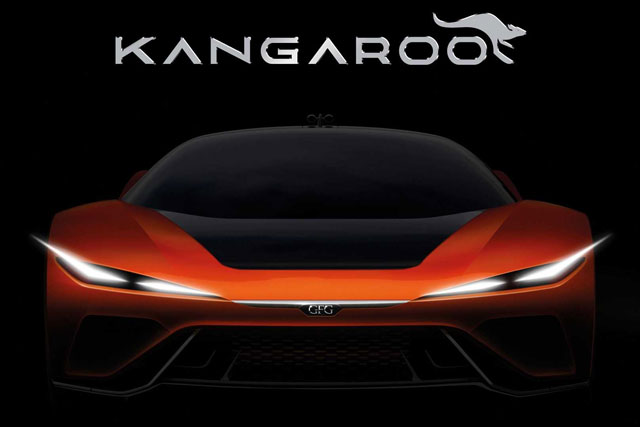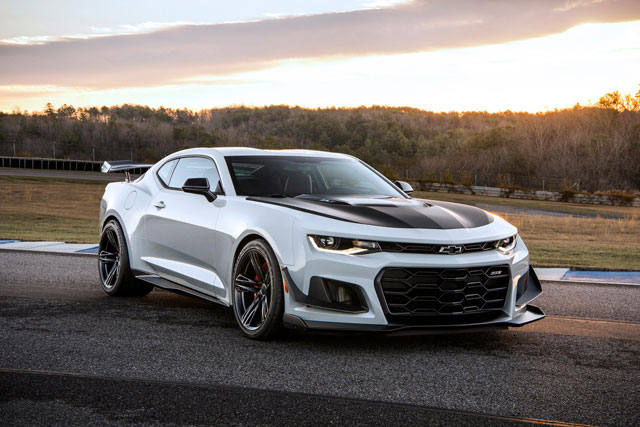The future of diesel automobiles is undergoing a radical transition as the automotive industry navigates the ever-changing landscape of sustainability and environmental conscience. With the rise of electric vehicles (EVs) dominating headlines, the fate of diesel-powered cars has been questioned. However, these engines are far from fading into obscurity. This article explores the exciting trends and innovations that lie ahead for diesel cars in the electric era. From advancements in emission control to enhanced fuel efficiency, the article delves into seven key subtopics that shed light on the potential and promise of diesel-powered vehicles in a greener automotive landscape
1. Advancements In Clean Diesel Technology
Diesel engines have historically been notorious for their hazardous emissions, but new clean diesel technology is changing everything. Diesel-powered vehicles are now cleaner and better for the environment thanks to advancements in pollution control technology like Selective Catalytic Reduction (SCR) and Diesel Particulate Filters (DPFs). You can read more about these innovative diesel engine parts to understand their significance and where to get them. These innovations allow vehicles to fulfill the most stringent emission requirements. Improvements in clean technology open the way for diesel-powered cars to have a greener future.
2. Diesel-hybrid Powertrains
The future of automobiles is profoundly affected by diesel-hybrid powertrains, which serve as a transition to full electrification. These hybrid setups use diesel engines’ efficiency and torque while also using electric motors’ environmental friendliness. Hybrid cars are more eco-friendly because they optimize fuel usage and minimize pollutants by smoothly incorporating electric components like batteries and regenerative braking. These powertrains provide customers with a feasible and appealing choice as the automobile industry progressively moves to complete electrification since they provide improved fuel economy without compromising the convenience and range associated with classic diesel engines.
3. Advanced Engine Designs For Efficiency
Efficiency-optimized diesel engine designs are a major technological advance with huge implications for the future of diesel vehicles. Modern technology, such as variable geometry turbochargers, sophisticated direct fuel injection systems, and cylinder deactivation, is regularly being incorporated into diesel engines by engineers and manufacturers. Improved fuel economy and lower emissions directly result from technological advancements that optimize fuel combustion, boost thermal efficiency, and reduce energy waste. New engine designs must push the efficiency frontiers for diesel automobiles to remain competitive and relevant in an increasingly eco-conscious society.
4. Achieving Carbon Neutrality With Synthetic Fuels
Using synthetic fuels to eliminate emissions is a revolutionary technological advancement with enormous potential for diesel vehicles. Synthetic fuels, or e-fuels or power-to-liquid fuels, are made from renewable energy sources and sequester carbon dioxide (CO2) during manufacturing, offsetting emissions. Vehicles’ carbon footprints may be greatly reduced when these fuels are used in engines. This development provides a feasible and practical approach for decarbonizing the transportation industry for long-distance travel, where electric cars may have range restrictions. Synthetic fuels are changing the future of sustainable transportation by allowing diesel vehicles to keep running effectively while still conforming to the objective of carbon neutrality.
5. Sustainable Production And Supply
Adopting sustainable fuel production and supply systems profoundly impacts the future of diesel-powered automobiles. Diesel fuel’s environmental effect may be lessened by using renewable feedstocks and eco-friendly refining techniques, which are becoming more popular as the auto industry embraces environmental sustainability. In addition, lowering transportation-related greenhouse gas emissions is aided by maintaining a steady diesel fuel supply. The vehicle industry must prioritize sustainable practices in manufacturing and distribution to meet the rising demand for greener and more environmentally aware automotive solutions.
6. The Resurgence Of Diesel-Powered Commercial Vehicles
Diesel engines are still popular in the commercial vehicle industry, even though electrification is generally discussed in the context of personal automobiles. Research reveals that the world’s biggest carmakers plan to build about 400m diesel and petrol cars in coming years. One reason for their continued production despite the push for electrification is that diesel engines are used in heavy-duty applications. It is due to their high torque and low fuel consumption, making them ideal for trucks, buses and delivery vehicles. However, adopting cleaner technology and investigating alternative fuels like biodiesel are crucial to making the transportation sector more environmentally friendly and sustainable for commercial vehicles.
The Bottom Line
In summary, diesel automobiles have a bright future ahead of them in the age of electric vehicles. Clean compression-ignition engine technology, diesel-hybrid powertrains and efficiency-focused engine design have all continued to contribute to these engines becoming more environmentally friendly. These automobiles are set to cohabit with electric vehicles in a healthier automotive environment with the arrival of sustainable diesel production and supply.







